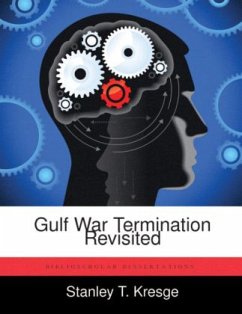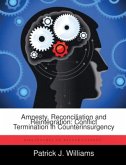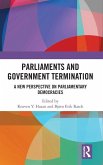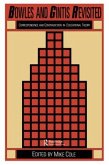Frustration over Saddam's Hussein's longevity can reinforce the theory that the Gulf War ceasefire was premature. By continuing attacks against the Iraqi Republican Guards, we would have precipitated Saddam's fall from power. If this speculation is accepted as a matter of faith, it may impact how future wars are fought. Arguments for extending hostilities another 24-48 hours fail to consider the "fog of war," the military and political constraints operating at the time of the ceasefire, the security of Saddam's regime, and the questionable desirability of Saddam's fall. A potentially costly assault on Basra would probably not have resulted in the destruction of the three or four escaping Republican Guards divisions. Continuing to press the attack in spite of international pressure might have resulted in a backlash from the Arab world, our Allies, and the fragile Soviet Union. There's no convincing evidence that destruction of Republican Guards would have produced the desired overthrow of Saddam by Iraq's ruling elite, or that it would have changed the outcome of the Kurd and Shiite rebellions. In either case, Saddam's fall may not have served U.S. interests.
Hinweis: Dieser Artikel kann nur an eine deutsche Lieferadresse ausgeliefert werden.
Hinweis: Dieser Artikel kann nur an eine deutsche Lieferadresse ausgeliefert werden.








